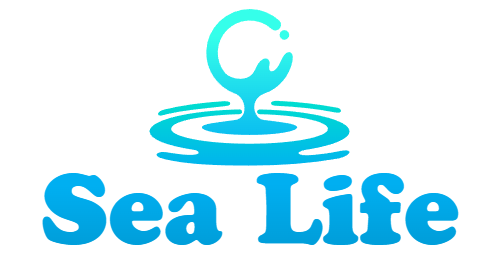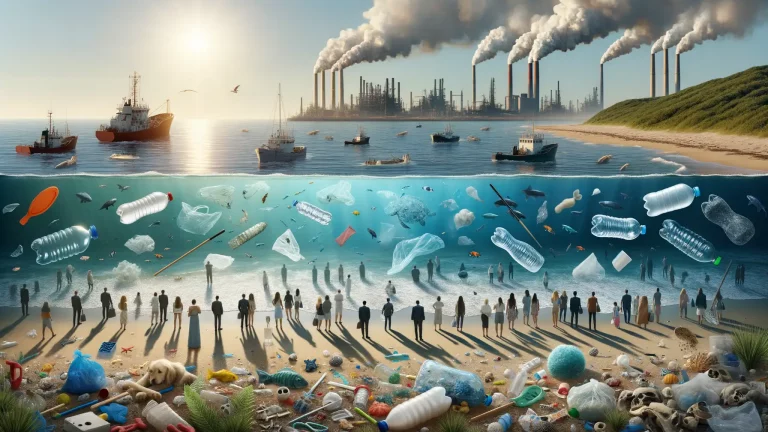Introduction to Plastic Pollution in Marine Ecosystems
The Hidden Journey of Plastic: From Land to Ocean
Picture this: a single, forgotten plastic bottle left on the ground finds its way into a nearby stream. With the next heavy rain, it’s carried to a river, then flows relentlessly into the open sea. This isn’t just a one-time occurrence. In fact, it’s a journey millions of pieces of plastic take daily, turning our oceans – once shimmering worlds of wonder – into floating dumps of waste.
It’s astonishingly easy to underestimate the scale of the problem. Over 14 million tons of plastic pour into marine ecosystems yearly, much of it breaking down into insidious microplastics—tiny, nearly invisible shards infiltrating the food web. Think about it: the fish in your sushi may unknowingly contain particles from a discarded coffee cup, an old toothbrush, or a grocery bag that slipped out of a landfill years ago.
These aren’t distant tragedies; they’re happening beneath the waves now, affecting every creature, from the tiniest krill to majestic sea birds. It’s a chain reaction, and humans are part of it.
Causes and Sources of Plastic Pollution in Oceans
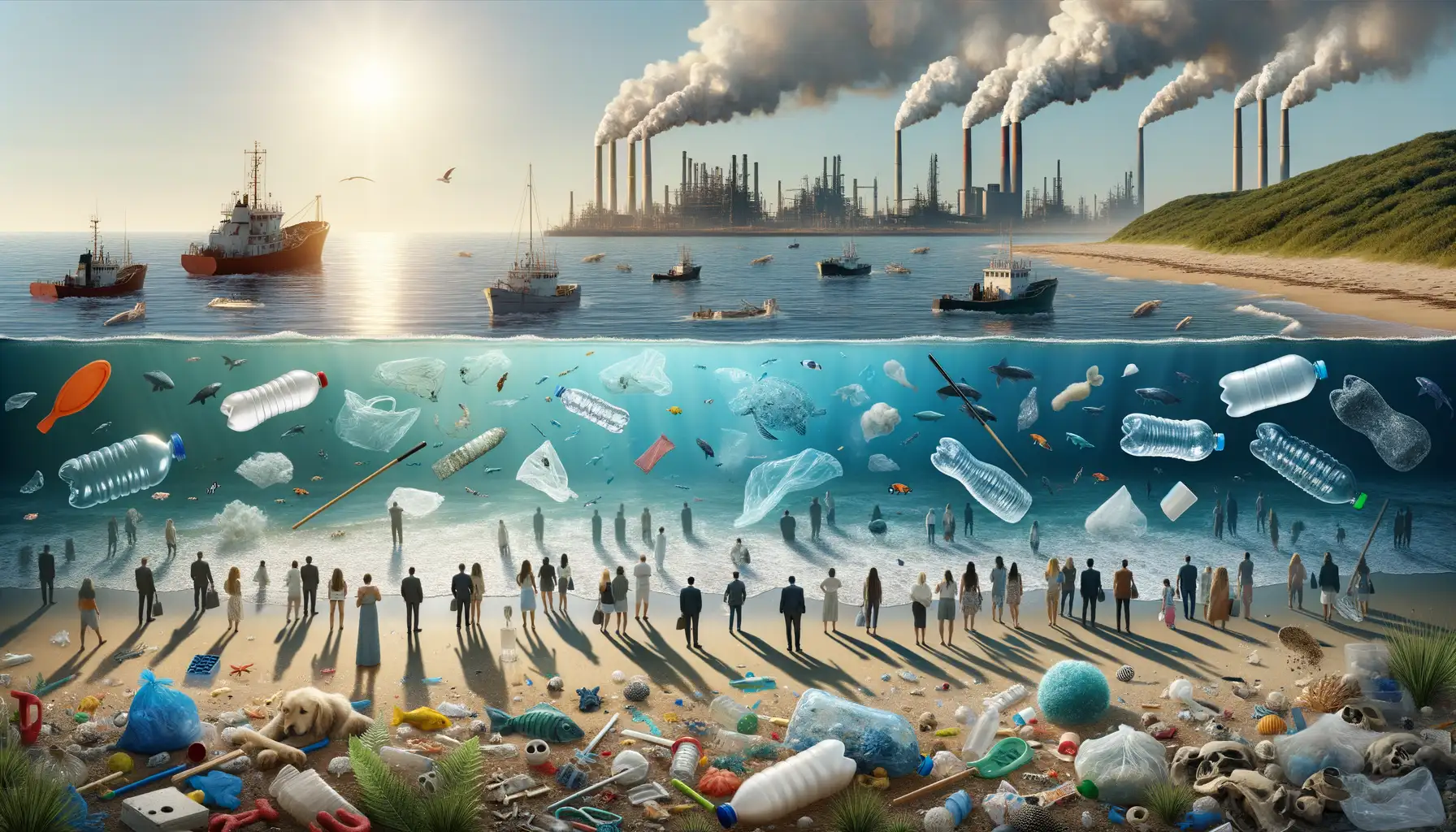
Where Does All the Plastic Come From?
Picture this: a bottle cap tossed on a beach or a straw whisked away by the wind. Small, innocent actions like these snowball into a massive global crisis. The truth is, there’s no single villain behind plastic pollution — it’s an orchestra of chaos that starts on land and ends up in the sea.
Here’s the breakdown of some common culprits:
- Littering: Those forgotten soda bottles or discarded shopping bags don’t just disappear—they’re carried by rain, rivers, and gut-wrenchingly often, straight into the ocean.
- Fishing Nets: Known as “ghost nets,” these abandoned traps float aimlessly, ensnaring everything in their path, from sea turtles to unsuspecting coral reefs.
- Single-Use Plastics: Utensils, packaging, and wrappers make up a staggering amount of the waste that finds its way into marine habitats.
How Everyday Choices Ripple into Oceans
It’s almost poetic, how something as tiny as a microbead in facial scrub can wreak havoc on an entire ecosystem. These microplastics, smaller than the eye can see, evade water treatment plants and sneak into oceans. They’re just one piece of the puzzle. Urban runoff, laden with bits of plastic debris, adds more fuel to the fire, making city streets secret pipelines to ocean pollution.
Let’s not forget shipping containers. Every year, thousands of them spill plastic goods into the ocean during storms, transforming precious seas into floating garbage patches. It’s maddening, isn’t it?
Effects of Plastic Pollution on Marine Wildlife
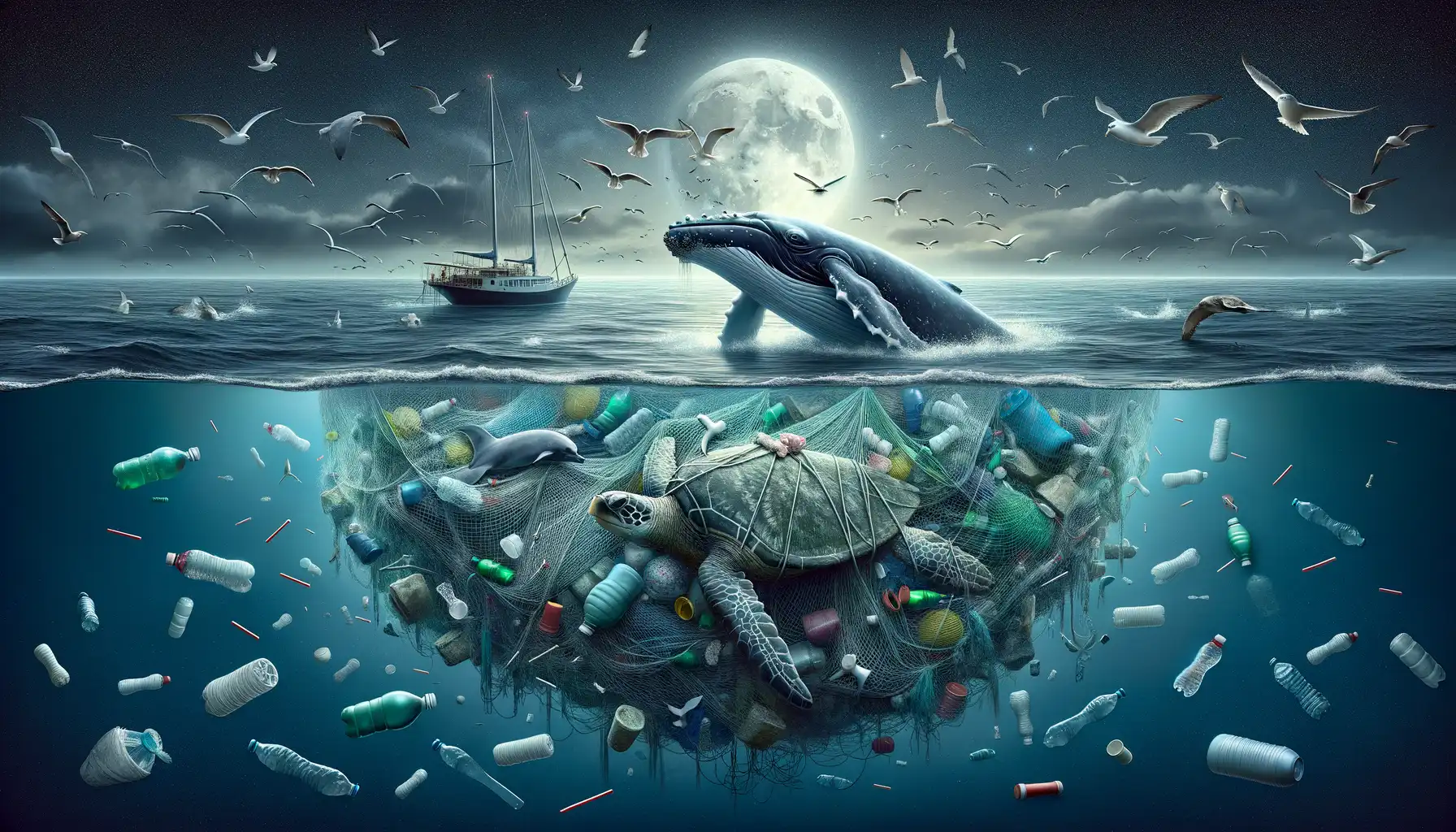
The Silent Struggle Beneath the Waves
Imagine a sea turtle, gracefully gliding through crystal blue waters, only to mistake a floating plastic bag for a jellyfish—its favorite meal. This innocent nibble can lead to choking, internal injuries, or even starvation. Sadly, this scenario plays out far too often in today’s oceans.
Marine wildlife is in a constant battle against an invisible yet ever-present enemy: plastic pollution. From majestic whales washing ashore with stomachs full of shopping bags to tiny plankton ingesting microplastics, no creature is safe. Plastic impacts them at every level of the food chain, creating a ripple effect that can devastate entire ecosystems.
- Entanglement: Dolphins and seals get tangled in discarded fishing nets, leaving them unable to swim or feed.
- Toxicity: Chemicals leaching from plastics poison creatures like shellfish, which humans consume as well.
- Habitat Destruction: Coral reefs smothered by plastic waste lose their vibrancy, evicting species that depend on them.
But it’s not just about statistics; it’s deeply personal. Every animal wrapped in discarded debris or belly bloated with microplastics is a reminder that the ocean is suffocating under our carelessness. These aren’t just creatures—they’re integral parts of the circle of life we claim to cherish.
Solutions and Preventative Measures for Plastic Pollution
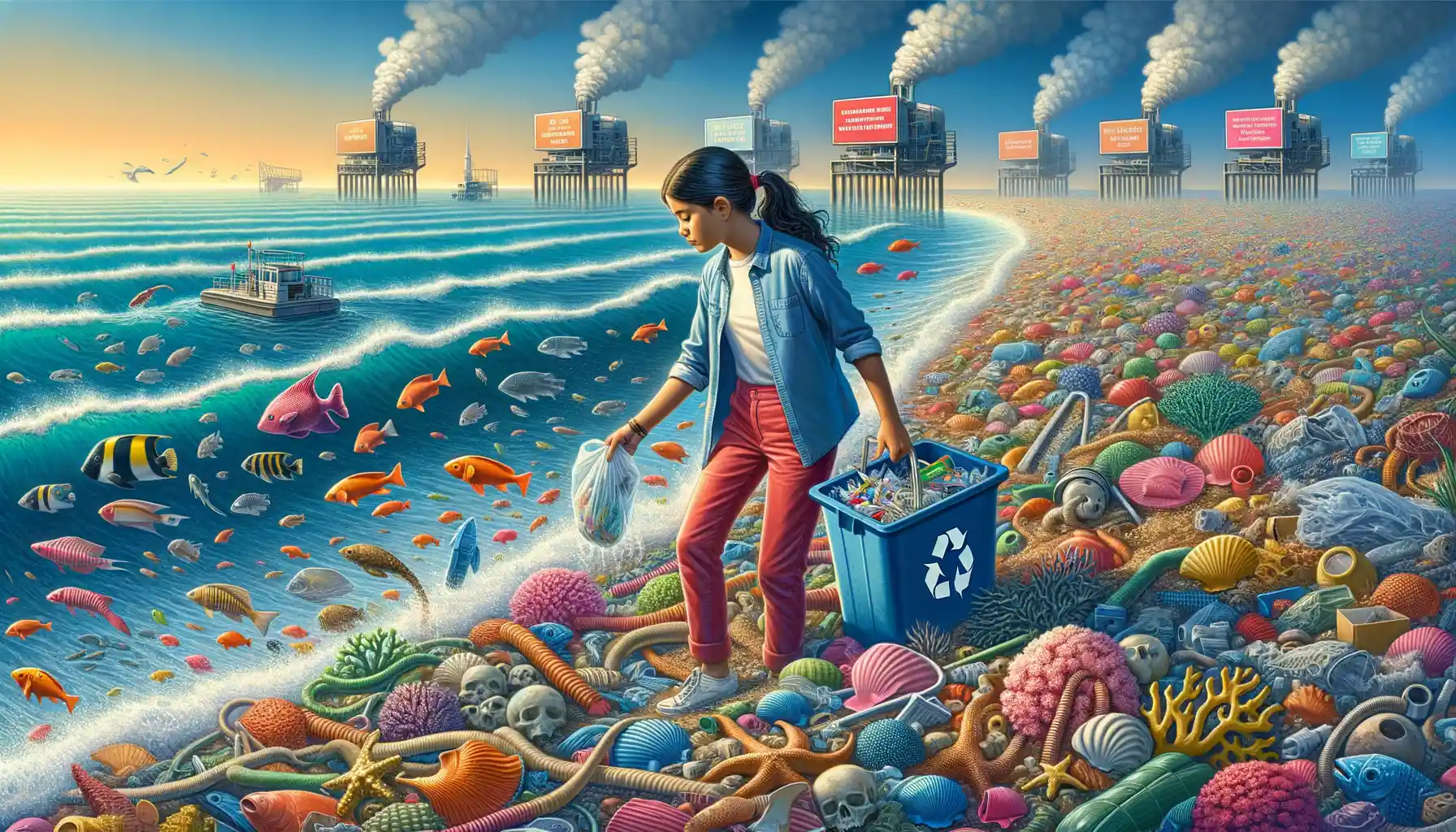
Turning the Tide: What We Can Do to Fight Plastic Pollution
Let’s dive straight in—because marine life can’t wait for our hesitation. Tackling plastic pollution isn’t just about grand gestures; it’s the small, intentional changes that create ripples of impact. Whether you’re a beachcomber, a city dweller, or simply someone who loves sea turtles (who doesn’t?), here’s what you can do.
- Say no to single-use plastics: That coffee cup lid? The plastic cutlery with your takeout? They’re silent invaders of ecosystems. Opt for reusable options—carry that stainless-steel straw like it’s your badge of honor.
- Support innovative cleanup efforts: Heard of projects like The Ocean Cleanup or local coastal cleanups? Get involved or donate. These efforts are literally pulling tons of plastic out of the water.
- Get political: Advocate for stronger legislation banning items like microplastics and unnecessary packaging. Your voice matters more than you think.
Prevention Starts With You (and Me)
Prevention is where the magic happens. Imagine a future with clean beaches and thriving ocean life—it starts now. Make sustainable shopping your mantra: look for products with minimal packaging or those made from recycled materials. Sometimes solutions are as simple as swapping plastic wrap for beeswax wraps or remembering that refillable water bottle.
And here’s the kicker: education is everything. Share what you know with friends, neighbors, kids. Inspire them to care about the sea creatures they’ll never meet but who desperately need our help. Every conversation could be the beginning of a world where plastic pollution is a thing of the past.
Conclusion and Call to Action
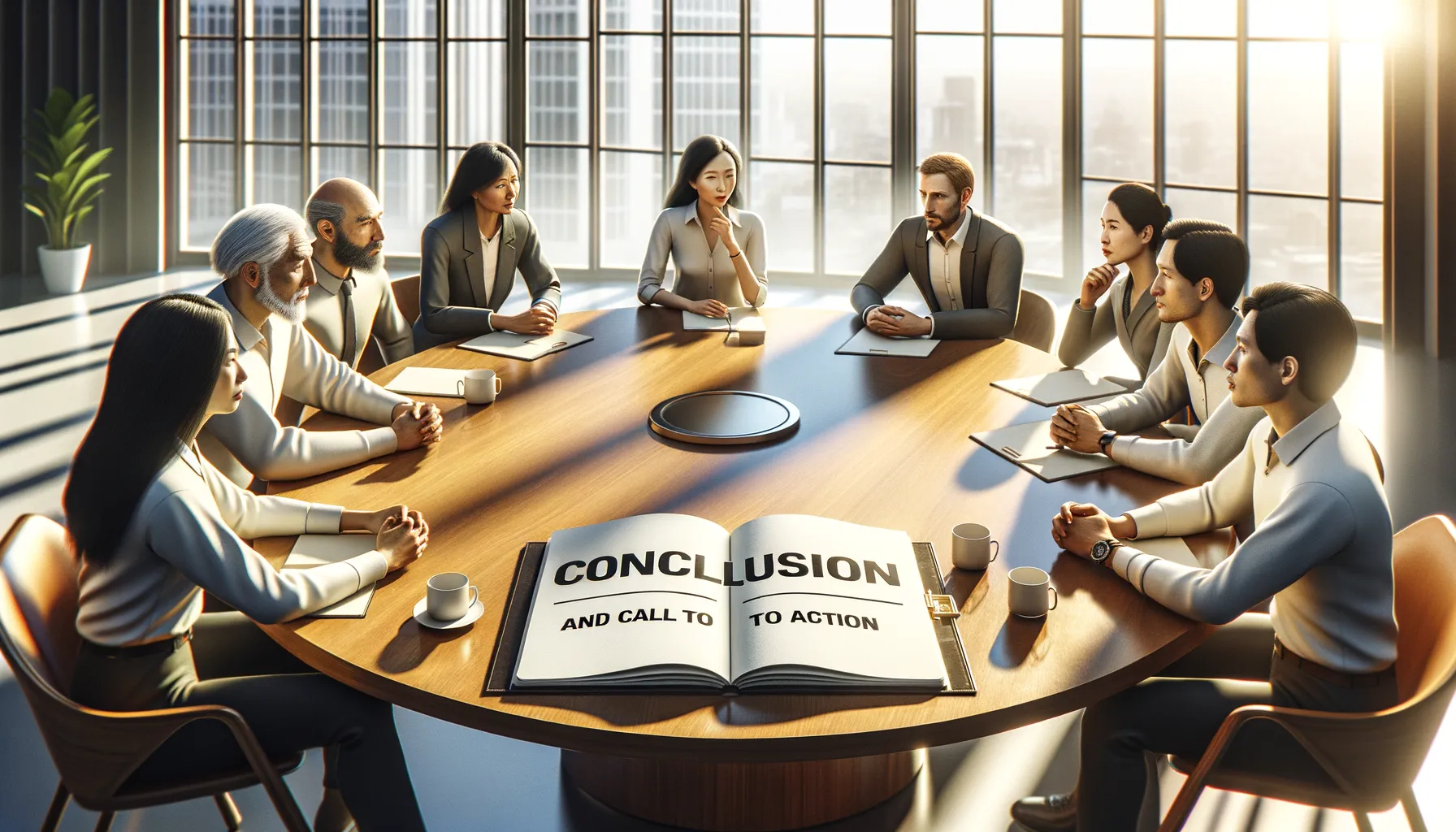
Why Your Actions Matter More Than Ever
Every piece of plastic drifting through the ocean tells a story—of convenience, of carelessness, but also of hope. Yes, hope. Because the power to rewrite this story rests with us. Each time we swap that single-use bottle for a reusable one or say no to plastic straws, we’re choosing to stand with marine life, from curious dolphins to resilient sea turtles. These creatures deserve oceans that nourish, not threaten them.
Here’s a challenge for you:
- Pick one habit to change this week—maybe it’s carrying a cloth bag or ditching plastic utensils.
- Share what you’re doing with friends or family. Awareness spreads like ripples on water.
Take the First Step Today
The ocean doesn’t need superheroes; it just needs people who care enough to act. Imagine this—a bird, once tangled in a plastic six-pack ring, flying free because someone like you made a small, thoughtful choice. Isn’t that worth it? Start now. Whether it’s donating to cleanup efforts, joining beach cleanups, or simply reducing your own plastic use, every action counts. The ocean is waiting. What will you do?
